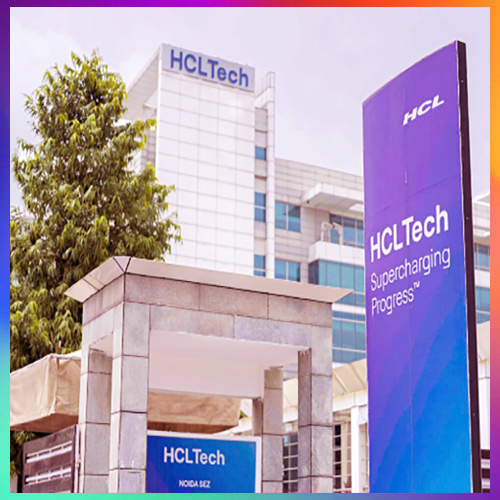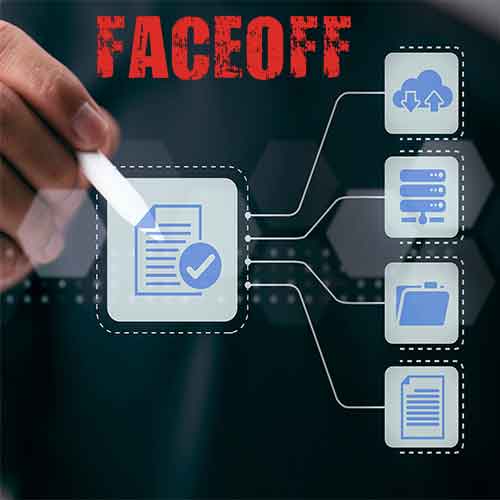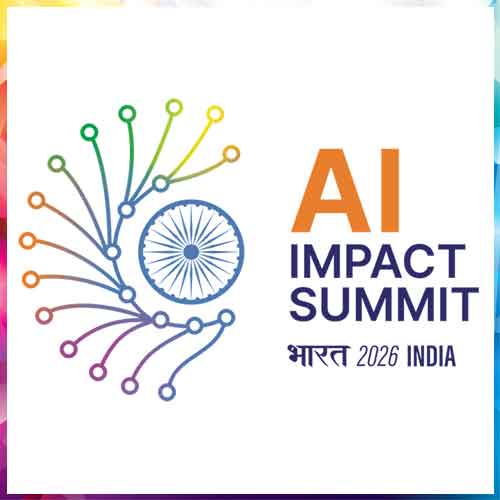
“Data privacy has become a top priority, especially in e-commerce.”
Manoj Srivastava, CIO, EaseMyTrip
AI has evolved into a strategic tool, automating call centers, reducing workload by 15%, and enhancing cybersecurity by detecting threats in real time. GenAI further personalized experiences, offering dynamic recommendations. In travel, it provides real-time insights on visas, health protocols, and weather, improving customer experience and streamlining planning.
Enterprise Landscape in 2025
The 2025 business landscape is defined by rapid digital transformation, evolving regulations, and heightened data privacy concerns. Organizations are strengthening cybersecurity and compliance while integrating AI and Generative AI (GenAI) into operations. As digital ecosystems expand, businesses must adopt a security-first approach to safeguard sensitive data and maintain customer trust. With stricter global data protection laws, companies—especially in e-commerce and travel—are aligning with regulatory requirements to deliver secure and compliant digital experiences.
CIO: Strategic Business Enabler
The Chief Information Officer (CIO) has transitioned from a technology enabler to a business strategist. Today’s CIOs ensure IT investments drive business goals while managing cybersecurity, compliance, and data privacy challenges. Since the pandemic, cybersecurity has gained boardroom attention, with CIOs and Chief Security Officers (CSOs) leading security strategies. In large enterprises, Data Protection Officers (DPOs) oversee compliance, a role that will become even more critical with the full implementation of India’s Digital Personal Data Protection (DPDP) Act in 2025. Industries such as e-commerce and travel will particularly focus on aligning with privacy regulations.
Security-First Culture
Data privacy has become a top priority, especially in e-commerce. Regulations like the EU’s GDPR, enforced in 2016-17, mandate secure data storage and impose heavy penalties for non-compliance. Our organization fully adheres to GDPR, ensuring PII protection and preventing unauthorized data sharing. India’s DPDP Act, introduced last year, strengthens privacy laws by requiring explicit customer consent for data processing. While awaiting final regulations, we have proactively drafted policies and aligned security measures with GDPR to ensure seamless compliance.
Today’s customers demand transparency in data security. In industries like travel, where sensitive details (e.g., passports, contact information) are collected, trust hinges on robust security protocols such as Secure Sockets Layer (SSL) encryption and Payment Card Industry Data Security Standard (PCI DSS) compliance. Once DPDP enforcement begins, displaying compliance certifications will further reassure customers. By prioritizing data privacy and leveraging AI and GenAI, organizations can enhance efficiency, strengthen security, and build customer trust.
See What’s Next in Tech With the Fast Forward Newsletter
Tweets From @varindiamag
Nothing to see here - yet
When they Tweet, their Tweets will show up here.





























